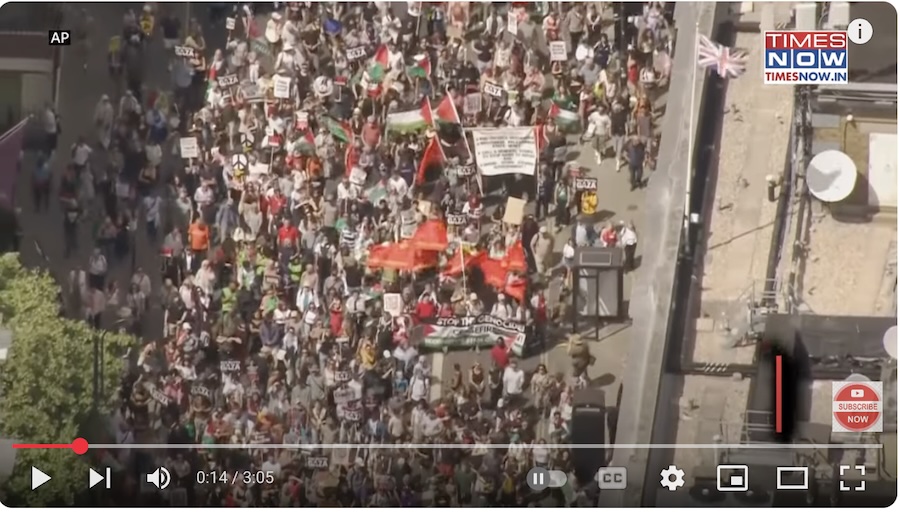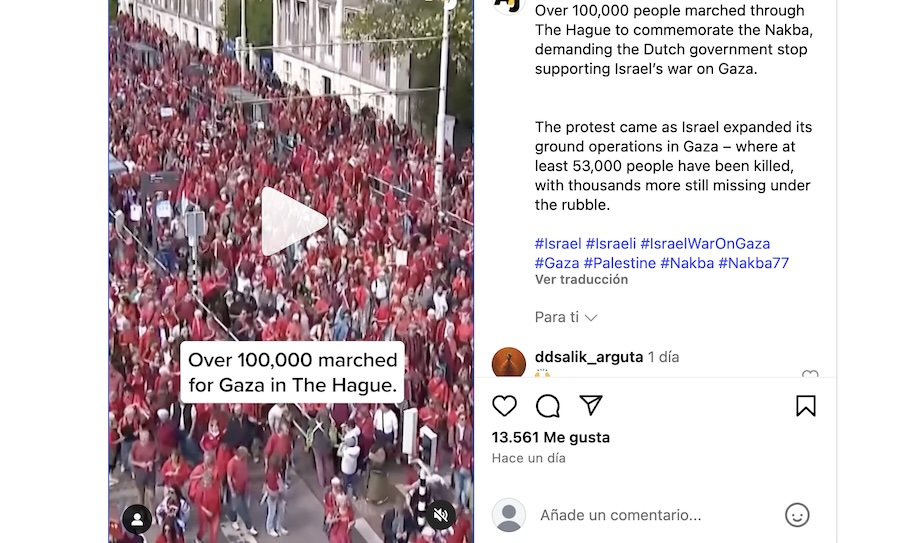FREE FLOW OF INFORMATION .
An article from Yeisk Info (translated from Russian by Google translator)
At Yeisk Polytechnical College on September 21, students and faculty from the Department of Agriculture and Construction Technology joined in the celebration of International Day of Peace.

(Click on image to enlarge)
The college held a ceremonial assembly, themed class hours, and the “We Are for World Peace” campaign. The school’s recreation area was decorated with white paper doves—a universally recognized symbol of peace.
The image of a dove holding an olive branch was created by Pablo Picasso and became the emblem of the global peace movement after World War II. The holiday reminds us of the importance of ending conflicts and strengthening mutual understanding between peoples.
International Peace Day is an opportunity to reflect on the value of peaceful coexistence and the need for joint efforts to create a secure future.
(article continued in right column)
What is happening for the International Day of Peace?
(article continued from left column)
(Editor’s note: There were fewer articles cited on Google from Russia about the International Day of Peace this year. Does that mean that there were fewer events, or is it caused by increased censorship of news from Russia, if so, censorship from the Russian side or from the Western side? However, as follows, there were a number of articles from the web site of culture.ru where communities sent pre-announcements of their events. Announcments on culture.ru do not remain many days on the internet.)
Tetyushsky District: On September 20, the Uryum Rural House of Culture will host a peace lesson, “Peace Day—a Holiday for the Whole Earth,” dedicated to International Peace Day.
Buinsky District: A themed event, “The White Crane—Herald of Peace,” will be held at the village’s Community Center to commemorate this day.
Semiluki District: On the International Day of Peace, the workers of the Malopokrovskiy rural community center will hold the event “White Dove – Messenger of Peace.”
Kilemarsky District : “Dove of Peace” campaign for the International Day of Peace.
Aznakaevsky district: Class hour: “How Peace Day is celebrated in different countries” at the Masyagutovsky rural house of culture
Muslyumovsky District: The event will be held in honor of the International Day of Peace, which is celebrated annually. We’ll tell the students about the history of this event, its symbols, traditions, and its importance in promoting peace. We’ll also emphasize the importance of maintaining order and harmony on the planet, which is especially relevant today. Next, we’ll invite the students to collaborate: they can draw doves on paper or make them themselves. On these doves, the students will write their understanding of the word “peace”—simple, yet profound and complex. They will then attach the doves to a sign with information about the symbolic date.
– – – – – –
If you wish to make a comment on this article, you may write to coordinator@cpnn-world.org with the title “Comment on (name of article)” and we will put your comment on line. Because of the flood of spam, we have discontinued the direct application of comments.


 Video of march
Video of march




